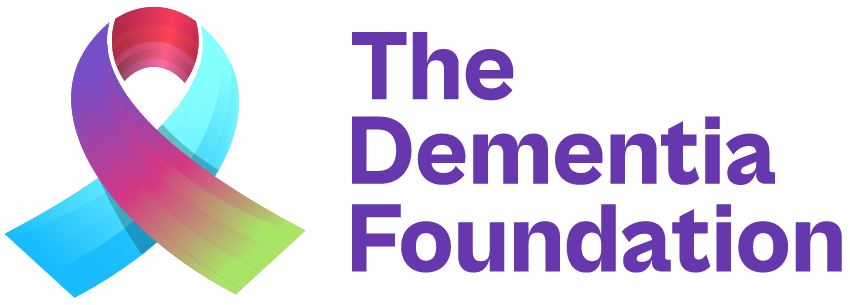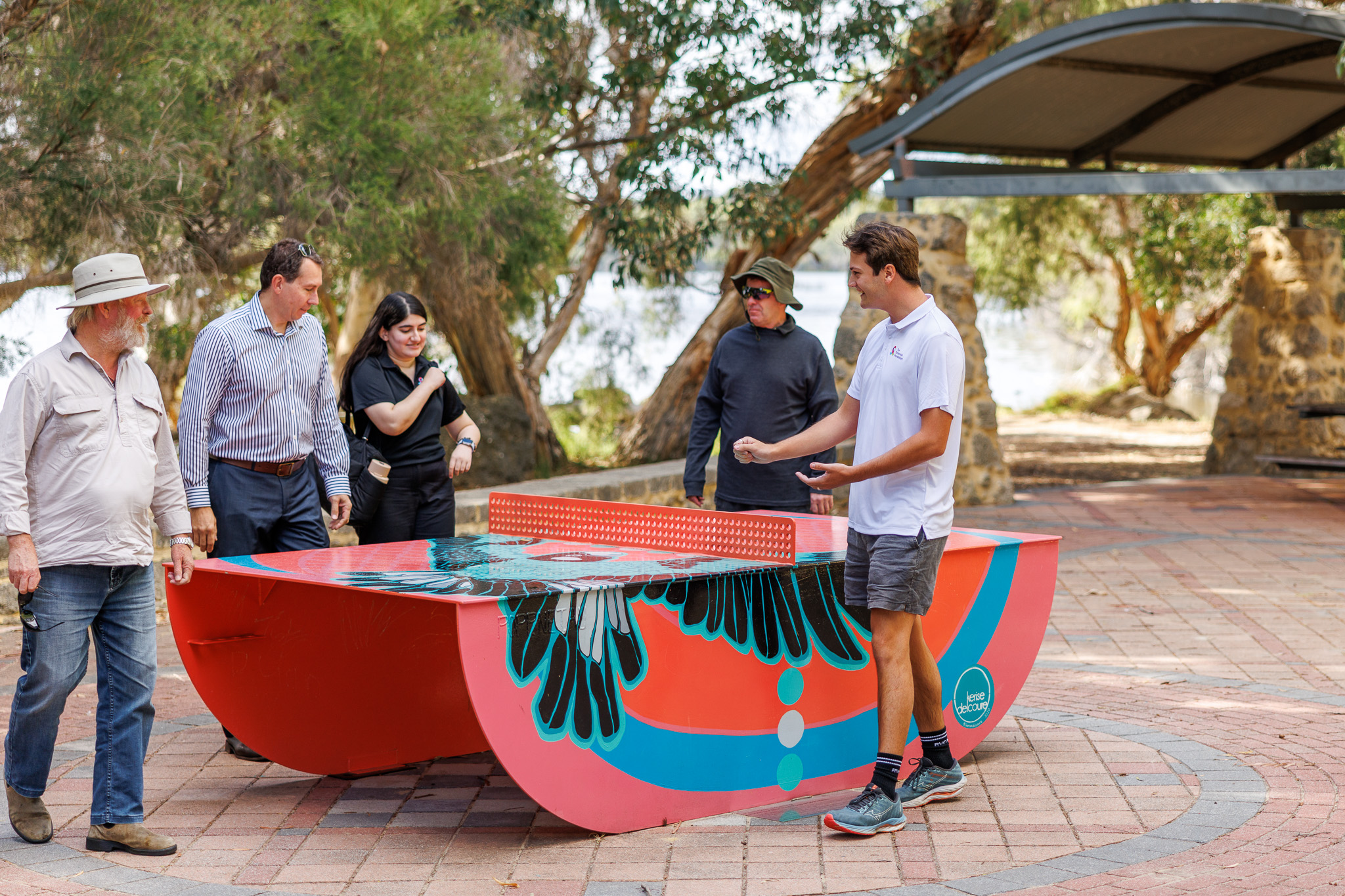Understanding Young Onset Dementia: Early Intervention Makes a Difference
Young onset dementia affects people diagnosed before age 65. With over 200 different types of dementia identified, it strikes during peak career and family years, creating unique challenges that require specialist understanding.



